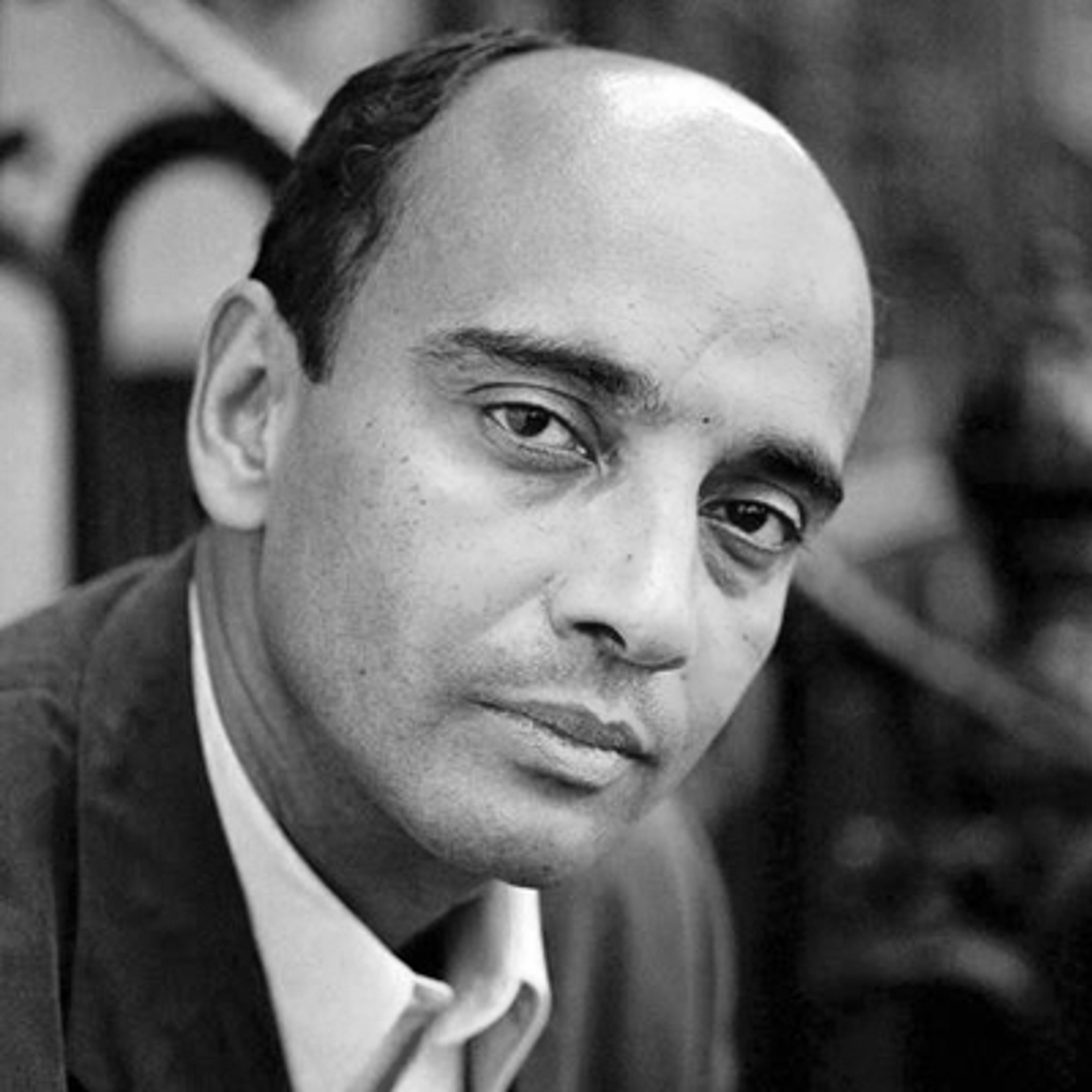Kwame Anthony Appiah

Kwame Anthony Appiah teaches philosophy at NYU in the Faculty of Arts and Science (FAS) and the Law School; he has taught previously at Princeton, Harvard, Duke, Cornell, Yale, Cambridge, and the University of Ghana. He grew up in Ghana and was educated at Cambridge University, where he took undergraduate and doctoral degrees in philosophy. He has written widely in philosophy of mind and language, ethics and political philosophy, and the philosophy of art, of culture and of the social sciences; as well as in literary studies, where his focus has been on African and African-American literature. His current research focuses on questions about the connection between theory and practice in moral life.
Professor Appiah is the editor, with Henry Louis Gates Jr., of the five-volume Africana: The Encyclopedia of the African and African-American Experience (Oxford University Press, 2005). In 1992, he published the prize-winning In My Father’s House: Africa in the Philosophy of Culture. His recent publications include The Ethics of Identity (Princeton University Press, 2005), Cosmopolitanism: Ethics in a World of Strangers (Norton, 2006), Experiments in Ethics (Harvard University Press, 2009), The Honor Code: How Moral Revolutions Happen (Norton, 2010), and Lines of Descent: W. E. B. Du Bois and the Invention of Identity (Harvard, 2014). Several of these books are available in translation into Arabic, Chinese, Hebrew, Korean, and Turkish, as well as a variety of other European languages. A Decent Respect: Honor in the Life of People and of Nations, based on the 2013 Hochelaga Lectures at the University of Hong Kong, was published in 2015 from the University of Hong Kong Press. Appiah served as chairman of the annual Berggruen Prize Jury from its inception in 2016 through 2021 and served as a juror from 2021-2022.